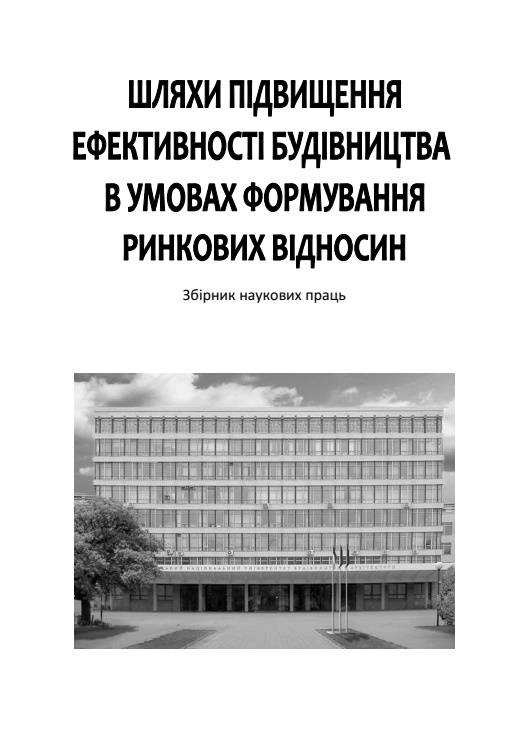Ліцензування будівельної діяльності – дієвий засіб державного регулювання
DOI:
https://doi.org/10.32347/2707-501x.2014.32.200-206Keywords:
license, licensing, licensing conditions, construction.Abstract
The article analyzes the state regulation on licenses in construction. The main types of construction activities subject to compulsory licensing in Ukraine and stages of the process of obtaining a building permit. Characterized by positive and negative aspects of licensing of construction activity.
References
. Цивільний Кодекс України від 16 січня 2003 р. // Відомості Верховної Ради України. – 2003.
Новий перелік робіт у будівельній діяльності, що підлягає ліцензуванню? – [Електронний ресурс]: Режим доступу:http://argument-consulting.com.ua/ru/node/169
Постанова Кабінету Міністрів України «Про внесення змін до Порядку ліцензування господарської діяльності, пов’язаної із створенням об’єктів архітектури» від 9 січня 2014 р. № 7 . – [Електронний ресурс]: Режим доступу:http://zakon2.rada.gov.ua/laws/show/7-2014-%D0%BF
. Затверджено форми заяв для отримання ліцензії на будівельну діяльність. – [Електронний ресурс]: Режим доступу: http://www.interbuh.com.ua/ua/documents/onenews/50341
Downloads
How to Cite
Issue
Section
License
Copyright (c) 2020 O. Lylov, V. Dmytrenko

This work is licensed under a Creative Commons Attribution 4.0 International License.
Authors who publish with this journal agree to the following terms:
- Authors retain copyright and grant the journal right of first publication with the work simultaneously licensed under a Creative Commons Attribution License that allows others to share the work with an acknowledgement of the work's authorship and initial publication in this journal.
- Authors are able to enter into separate, additional contractual arrangements for the non-exclusive distribution of the journal's published version of the work (e.g., post it to an institutional repository or publish it in a book), with an acknowledgement of its initial publication in this journal.
- Authors are permitted and encouraged to post their work online (e.g., in institutional repositories or on their website) prior to and during the submission process, as it can lead to productive exchanges, as well as earlier and greater citation of published work (See The Effect of Open Access).

